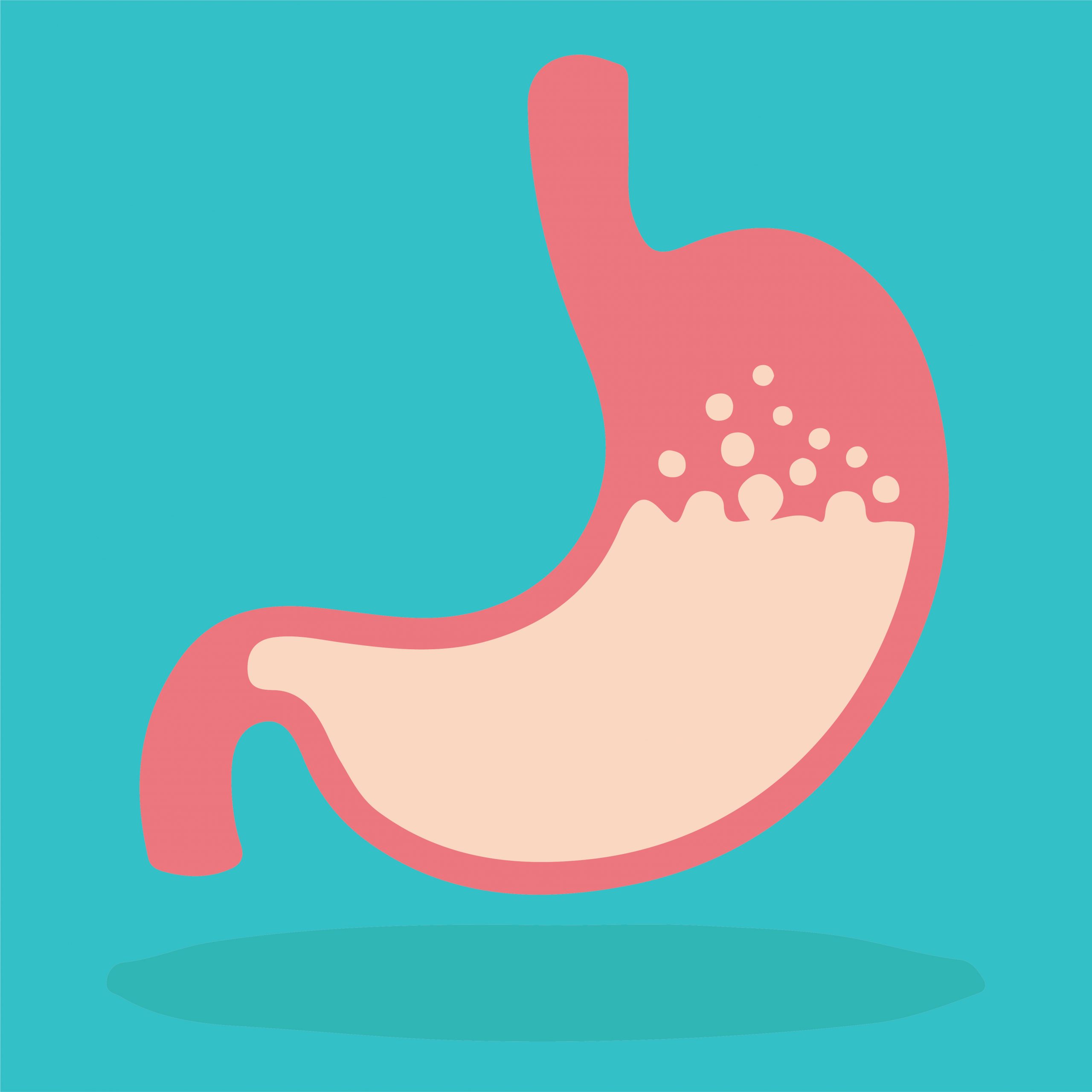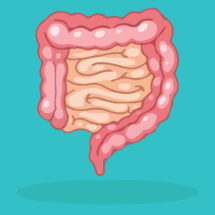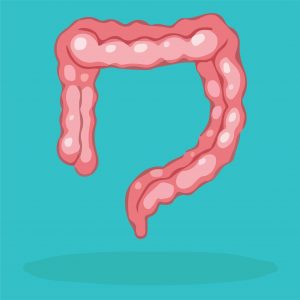Digestive Tract Paralysis Conditions
Have you heard of digestive tract paralysis? Digestive tract paralysis, known as DTP, is when your digestive tract stops functioning the way it is supposed to. Let’s talk about three specific digestive tract paralysis conditions: gastroparesis, chronic intestinal pseudo-obstruction, and colonic inertia.
Gastroparesis
It is a condition where the stomach empties too slowly. Since the stomach does not digest food as it should, the food will sit for prolonged periods, which can lead to other health problems. No blockage is evident. You will need a test to confirm delayed emptying.
Symptoms usually occur during and after eating a meal. Typical symptoms include:
- Nausea and/or vomiting
- Retching (dry heaves)
- Stomach fullness after a normal-sized meal
- Early fullness (satiety) – unable to finish a meal
There may also be bloating, heartburn, and stomach discomfort or pain. Decreased appetite may result in weight loss.
Chronic Intestinal Pseudo-Obstruction (CIP)
This condition is characterized by abnormalities affecting the muscles or nerves that are involved in propelling food and other material through the digestive system. This process, called peristalsis, becomes altered and inefficient.
The symptoms of CIP are similar to those caused by an obstruction of the small bowel, but no such physical obstruction is present, hence the term pseudo-obstruction.
Common symptoms include:
- Nausea
- Vomiting
- Abdominal pain
- Abdominal swelling (distention)
- Constipation.
Ultimately, you will not meet nutritional requirements, which can lead to unintended weight loss and malnourishment. CIP can potentially cause severe, even life-threatening complications.
Colonic Inertia
It is when stool remains stored in portions of the colon and does not progress adequately to the part of the colon (rectosigmoid) responsible for the propulsion and transfer of stool out of the body.
There are a variety of conditions that may cause slowing of colonic action.
- Medications such as some antihypertensives, pain relievers containing opioids, antidepressants, antipsychotics, and anticholinergics
- Hypothyroidism, diabetes, and some rheumatologic conditions
Some individuals develop colonic inertia without an identifiable cause. This condition is termed idiopathic. It is seen most commonly in young women.
The symptoms of colonic inertia include
- Long delays in the passage of stool accompanied by a lack of urgency to move the bowels
- Not passing stool for 7–10 days at a time
So, in summary, digestive tract paralysis conditions affect all parts of the digestive system, Gastroparesis affects the stomach. Chronic Intestinal Pseudo-Obstruction affects the small intestine and colon. Colonic Inertia affects the colon or large intestine. These conditions can lead to serious health issues if not treated on managed in time. Although they are not common, it is important that if you have any symptoms or a combination of the symptoms mentioned above, you speak with your gastroenterologist.
Additional questions about DTP? Let us know below.
Digestive Health Specialists, PA is here to help if you, or someone you know, would like more information or if you are experiencing any digestive health symptoms and would like further evaluation. Feel free to give us a call at 336-768-6211 or fill the form below.








